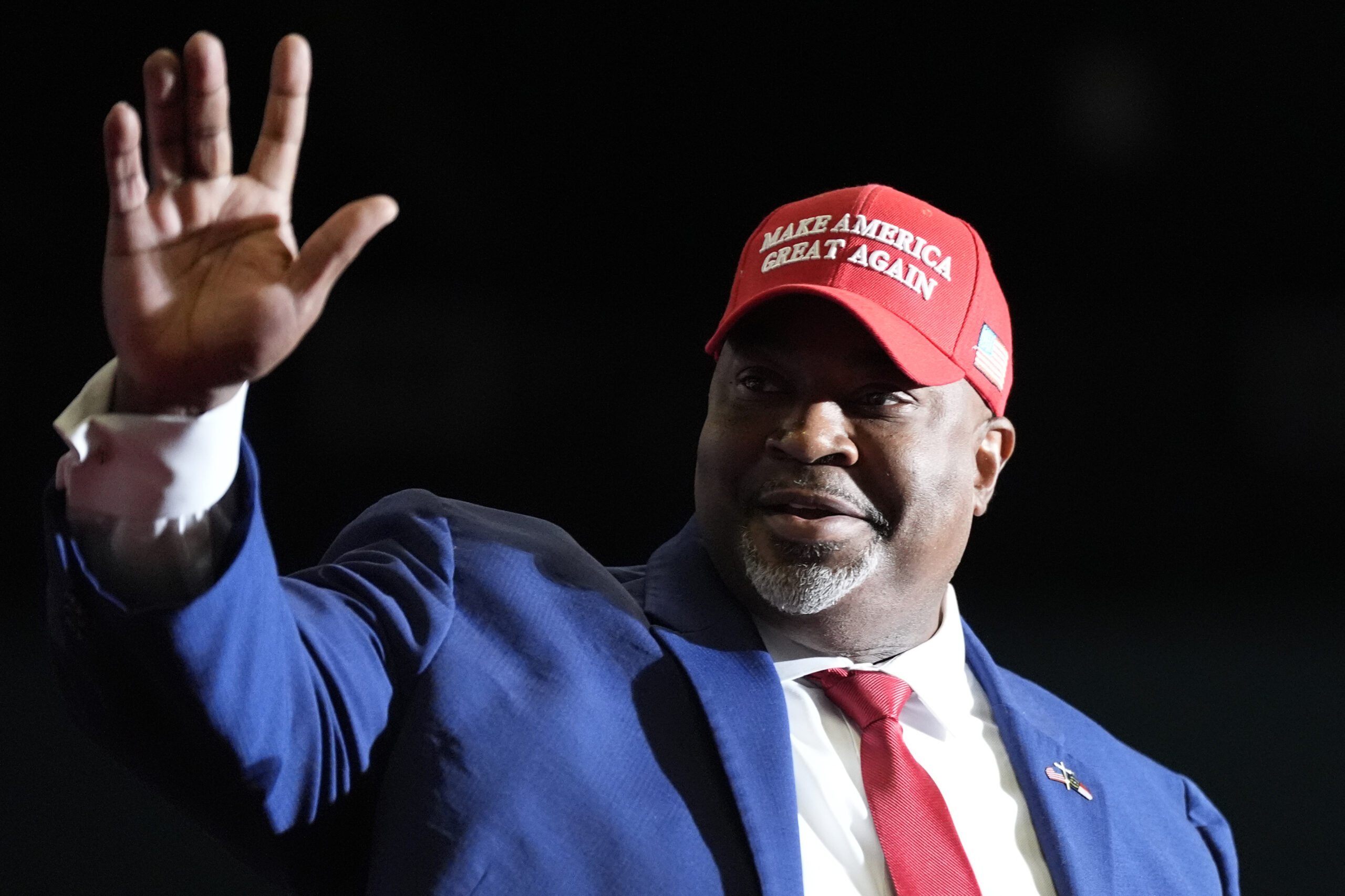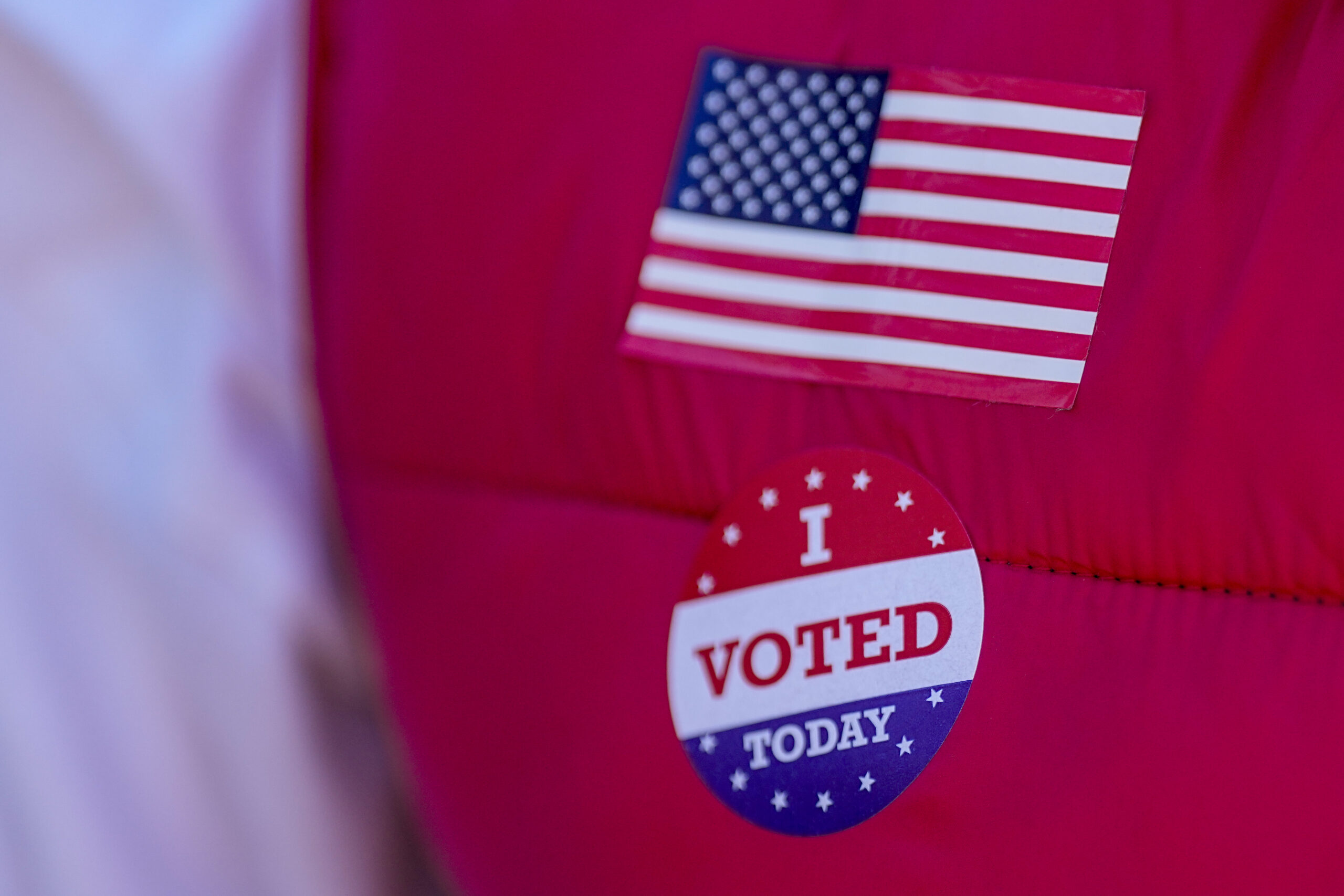A lawsuit has been filed challenging one of the most controversial pieces of legislation from this year’s long session in the General Assembly.
A group of plaintiffs has filed a lawsuit in the Asheville Division for the Western District of North Carolina District Court challenging the constitutionality of Senate Bill 2.
The law allows magistrates and employees of county register of deeds offices to opt out of performing same-sex marriages; the state employees would also not be able to perform traditional marriages, if they chose to opt out.
Former Chapel Hill Mayor Mark Kleinschmidt is an attorney with the law firm Tin Fulton Walker & Owen, which is bringing the suit. Kleinschmidt is not one of the attorneys involved directly in the legal challenge.
Kleinschmidt says the lawsuit is based on the 14th amendment of the United State Constitution.
“That requires that all citizens of North Carolina, or any state, are to be treated equally,” Kleinschmidt says, “and that you can’t allow a religious belief to trump that obligation of a judicial official.”
Senate Bill 2 was passed by the General Assembly earlier this year before being vetoed by Governor Pat McCrory, who was being urged to do so by local leaders. McCrory said in a statement in May that “no public official who voluntarily swears to support and defend the Constitution and to discharge all duties of their office should be exempt from upholding that oath.”
The North Carolina Senate then quickly voted to override that veto. In the North Carolina House, the override vote was held on the calendar for more than a week before being quickly called and voted on when lawmakers had enough votes to overturn the veto.
Kleinschmidt says Senate Bill 2 is not only in violation of the 14th amendment but also conflicts with the first amendment.
“Because it endorses the religious belief of any of these officials over the rights of the citizens of our community and our state,” Kleinschmidt says. “That alone is itself a first amendment violation. And then these individuals themselves who are being denied access, or who would be denied access, of these government functions are being denied equal treatment under the law.”
Kleinschmidt says the plaintiffs consist of two same-sex couples and one heterosexual couple who experienced similar discrimination.
“Carol Ann and Thomas Person are an interracial couple,” Kleinschmidt says, “Back in the 1970s, they went to get married at the local office of the magistrate, and they were denied the service.
“And the magistrate’s response to their request was that he had a religious belief that wouldn’t allow him to preside over the marriage of an interracial couple.”
Kleinschmidt adds that case was ultimately determined in the plaintiffs’ favor on the same grounds that are being challenged with the current lawsuit.
North Carolina Department of Justice spokesperson Noelle Talley issued a statement to WCHL Wednesday evening saying, “Although Attorney General Cooper personally opposes this legislation, our office will do its duty under the law to defend the state just as it has in more than a dozen other recent cases challenging laws passed by the General Assembly.”







Comments on Chapelboro are moderated according to our Community Guidelines